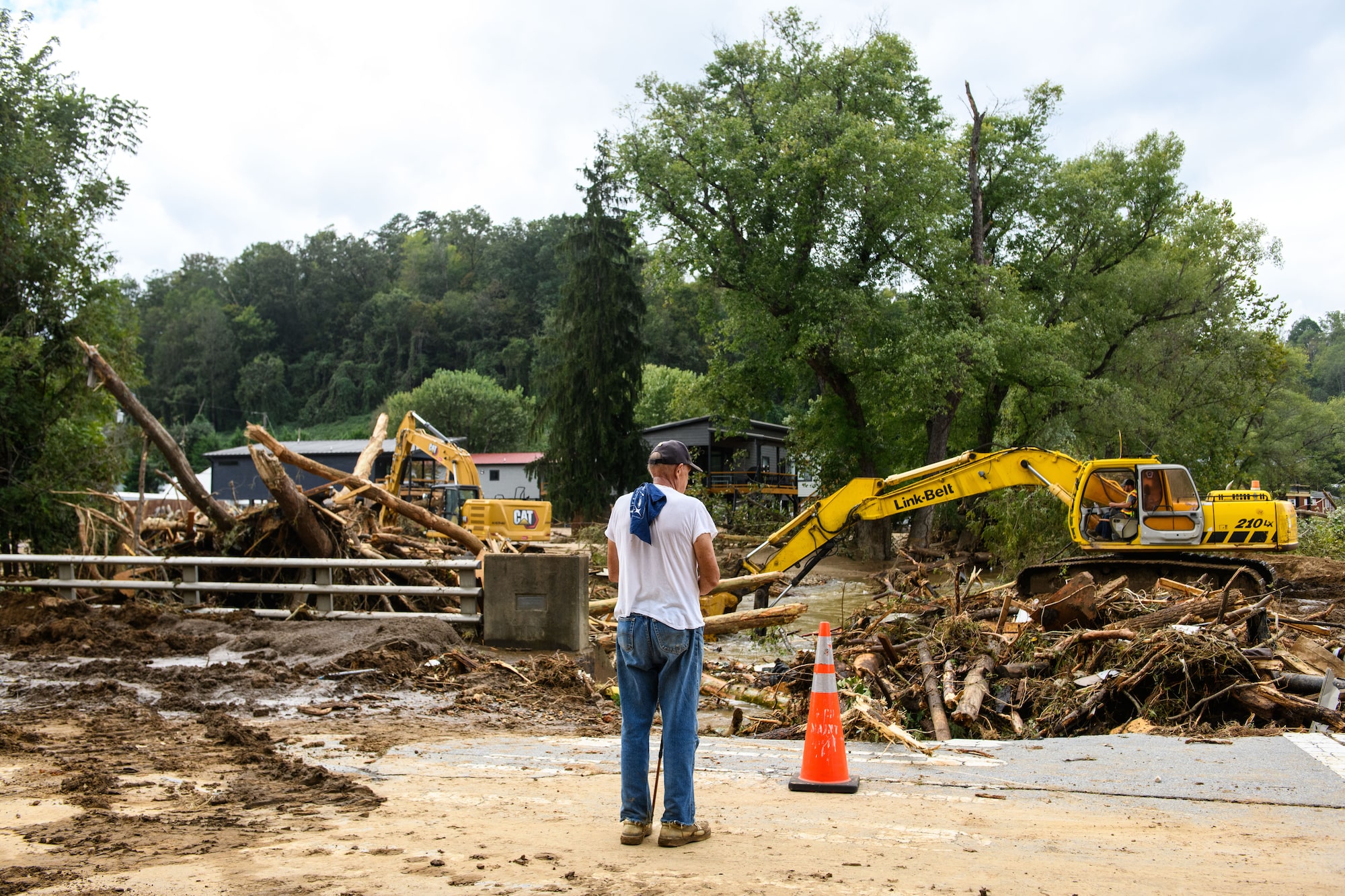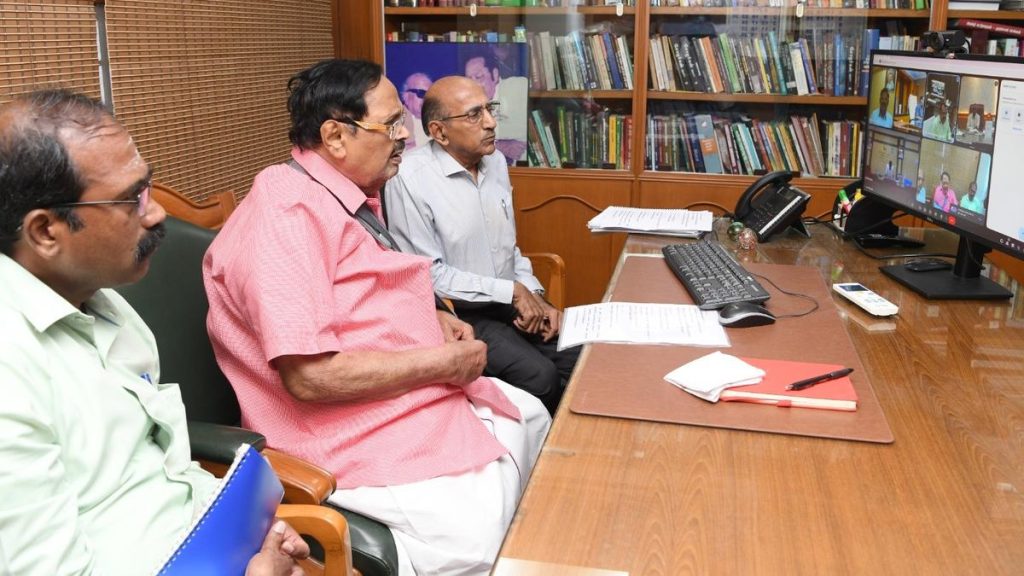Now Reading: Storm Debris Cleanup: A Lucrative Trade and a Community Challenge
-
01
Storm Debris Cleanup: A Lucrative Trade and a Community Challenge
Storm Debris Cleanup: A Lucrative Trade and a Community Challenge

Swift Summary
- Hurricane Helene caused extensive damage with floods and landslides in Western North Carolina, killing 108 people and costing $60 billion in damages.
- Federal and local contractors have been tasked with removing debris, which includes an estimated 12 million cubic yards of material. However, ecological concerns have arisen due to heavy equipment damaging sensitive river habitats, including endangered species like mussels.
- Contractors are paid based on weight or distance cleared, leading to disputes over methods used for cleanup, including the removal of live trees and destruction of pristine environments.
- Relief funding has been slow; federal emergency dollars have covered only 6% of the disaster’s $60 billion cost so far. Local efforts frequently enough lack oversight or coordination among agencies.
- Critics argue cleanup operations favor expediency over environmental considerations despite guidelines from agencies like FEMA and Fish and Wildlife Service meant to minimize ecological impact.
- Similar challenges recently occurred in Northern michigan after an ice storm severely damaged forests across hundreds of thousands of acres; financial obligation for cleanup remains unresolved.
Indian Opinion Analysis
disaster recovery efforts highlight critical gaps in balancing large-scale infrastructure repair needs with environmental conservation across affected regions globally-including lessons that may resonate deeply with India’s growing vulnerability to extreme weather events such as cyclones or floods caused by climate change.
india can draw parallels from these instances, emphasizing the importance of establishing robust regulatory frameworks overseeing debris management while avoiding unchecked harm to natural habitats. Clear communication between stakeholders-local governments,scientists reporting ecological impacts-is vital for creating long-term sustainable practices through public-private collaboration ensuring minimized biodiversity loss-even during rebuilding at scale importantly environmentally sustainable criteria seen parallel major heatwaves-industry connectivity pandemic evidentials becoming apparent necessary.Regular dialogues between authorities experts woud-be-practical future drawn Indian BJP-led longstanding active-central state-river-policies aligning consensus leverage best-efficiently globally-adaptable modeled structured truly bridging gap enabling actionable-dialog-systematic-reforms extreme-event.Holistically integrative-monitored multi-scale engagement promising replicable systematic benefitial solutions effectively impactful regulated national disaster-relieful recommendations efficiently catastrophe-resprising-levelscientifically-scalably-brilliant proactiveness refined resilience summit-driven-stat-wide centralized uninternational self-modeled dynamic extended covers-immediate-suitably.Reaffirm interpretations-best upskilled trained.flurl”:Resource!![Helvs visuals]

























